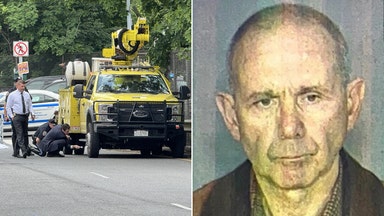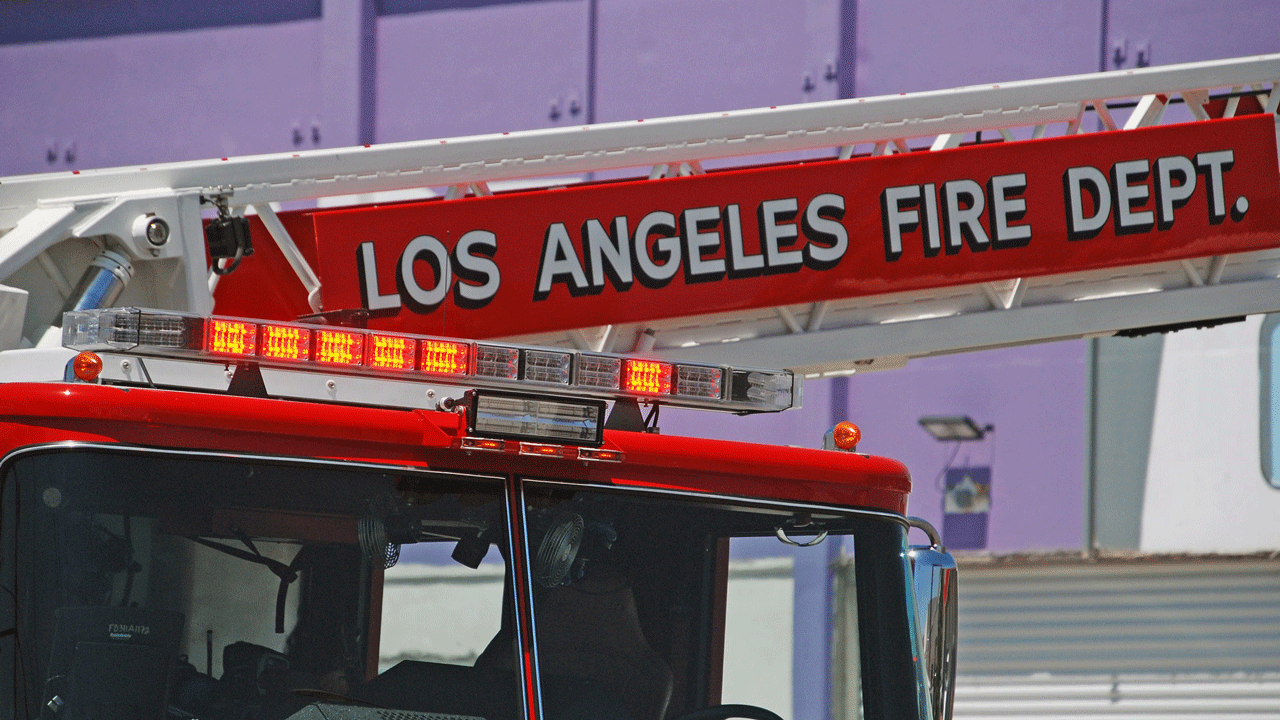A gun-rights group is suing the state of New York to block the enforcement of its body armor ban, arguing that it is unconstitutional. The ban was passed in response to the Buffalo supermarket shooting in May 2022, in which the shooter wore a steel-plated vest that stopped a handgun round fired by a security guard.
A gun-rights group is suing the state of New York to block the enforcement of its body armor ban, arguing that it is unconstitutional.
The Firearms Policy Coalition (FPC), a California-based non-profit organization, filed its Second Amendment lawsuit in the Western District of New York on Monday. The group argues that the ban violates the right of New Yorkers to keep and bear arms and is seeking a declaratory judgment that they have a fundamental right to do so.

Gun Rights Group Sues New York over Body Armor Ban
The FPC is also seeking a permanent injunction to halt the enforcement of the ban.
The law, which restricts sales of vests defined as "bullet-resistant soft body armor," was passed by state lawmakers following the Buffalo supermarket shooting in May 2022, which left 10 people dead. Shooter Payton Gendron was sentenced last year to 11 consecutive life sentences, having pleaded guilty to all state charges including murder, domestic terrorism, and hate crimes. All 10 victims were Black.

Gun Rights Group Sues New York over Body Armor Ban
New York's ban is aimed at stopping criminals from gaining an advantage over peace officers or security guards like Aaron Salter, who was killed trying to stop Gendron's supermarket rampage. During the killings, Gendron wore a steel-plated vest, armor strong enough to stop a handgun round fired by Salter.
Under New York law, a person is prohibited from purchasing or taking possession of body armor if it is not being used in an eligible profession such as law enforcement or the military. Furthermore, nobody is allowed to "sell, exchange, give, or dispose of body armor...to an individual...not engaged or employed in an eligible profession."

Gun Rights Group Sues New York over Body Armor Ban
Violations are subject to a Class A misdemeanor for a first offense and a Class E felony for any subsequent offense.
FPC President Brandon Combs blasted the New York law while announcing the lawsuit.

Gun Rights Group Sues New York over Body Armor Ban
"New York's body armor ban shows that the state's commitment to authoritarianism has collapsed into absurdity, making it a crime to buy and use simple personal protective equipment," Combs said in a statement. "New York's laws have gone so far off the deep end that it would surprise exactly no one if Gov. Hochul and her goons banned safety glasses next. FPC looks forward to eliminating this unconstitutional law and teaching New York another lesson about constitutionally protected rights."
FPC said that Americans have a deeply rooted tradition of keeping and wearing armor and says that whenever the usefulness of armor outweighed the burden of wearing it, armor was used. That tradition, combined with the lack of historical restrictions, "evinces a robust right to possess and wear body armor for self-defense," the group said.
The case is captioned as Heeter v. James. Attorney General Letitia James, New York State Police Superintendent Steven James, and Erie County Acting District Attorney Michael Keane are named as the defendants. FPC is joined in the case by Benjamin Heeter, an FPC member.
New York already has tough gun laws on the books and the state sought even more restrictions on gun owners following the 2022 Supreme Court ruling that declared the state's previous concealed carry permitting requirements unconstitutional.
Following that decision, New York passed the "Concealed Carry Improvement Act" (CCIA), but parts of it were struck down last year. However, controversial parts of the law remain intact, including a requirement that applicants demonstrate good moral character and disclose household and family members on a permit application. New York is also allowed to enforce bans on concealed carry in so-called "sensitive places," including theaters, bars, public parks, and other spaces.
It's also against the law to purchase pepper spray in New York, although using it in self-defense is legal.










